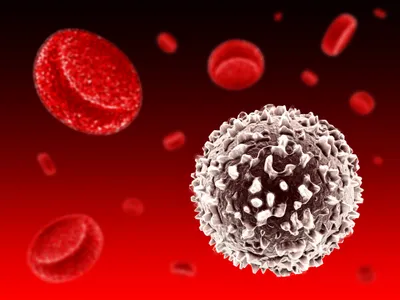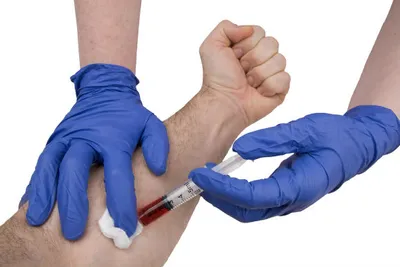White blood cells (WBCs), also called leukocytes, are the front lines of defense when it comes to our bodies fighting off germs or infection. When we are sick, the immune system snaps into response mode by sending white blood cells to fight off the foreign infection—by either producing protective antibodies or by devouring the bacteria.
Here are ten significant facts to keep in mind when it comes to your white blood cell count…
1. Average WBC Count
An average adult has about 7,000 in each micro-liter of blood, of course, at the first sign of infection, this number increases (by up to 25,000 per micro-liter of blood) in order to fight off the germs.
2. Increased WBC Count
If a person’s white blood cell count is too high, it’s not necessarily a good thing. It often signifies an underlying health problem—such as inflammation, trauma, allergy, or diseases (i.e., Leukemia).
3. How WBCs Function
There are several different types of WBCs, and they respond differently to infection—for instance, some attack and destroy the foreign germs, others attack the cells that are infected, and others respond and protect against allergic reaction.
4. Determining High WBC Count
The only way to find out if your levels are elevated is to get a blood test by a doctor or lab.
5. Another Reason to Butt Out
Smoking blocks proper airflow because it inflames the lungs and air passages—and can eventually lead to or Chronic Obstructive Pulmonary Disease (COPD), chronic bronchitis, or emphysema—which in turn produces dangerously high levels of white blood cells.
6. Stressed Out?
High levels of emotional or physical anxiety will cause your white blood cell count to spike drastically, which is why high levels of stress aren’t healthy. Under normal stressful conditions, WBCs will increase then decrease to normal once the stressor subsides.
7. Exercise Beneficial for WBCs
When you’re physically exerted WBC rapidly increases so that your body can identify disease-causing organisms faster during the duration of the workout—a positive reason to exercise regularly. Levels return to normal in rest.
8. Diet and WBC Count
A poor diet, on the other hand, will actually cause WBC count to decrease. That’s why it’s vital to curb your fat, caloric, sugar, and sodium intake in favor of foods that are high in antioxidants, fiber, calcium, and healthy mono-unsaturated fats.
9. Vitamin C +
Vitamin C actually encourages WBC production to help fight off an infection, which means foods such as citrus fruits, berries, and coniferous vegetables (i.e., broccoli and cauliflower) are a plus.
10. Excess Weight Impairs WBCs
Studies show that being overweight or obese impairs your immune system and ability to fight off infection due to lower WBC count. Therefore, shedding excess pounds will keep you healthier in the face of illness.













